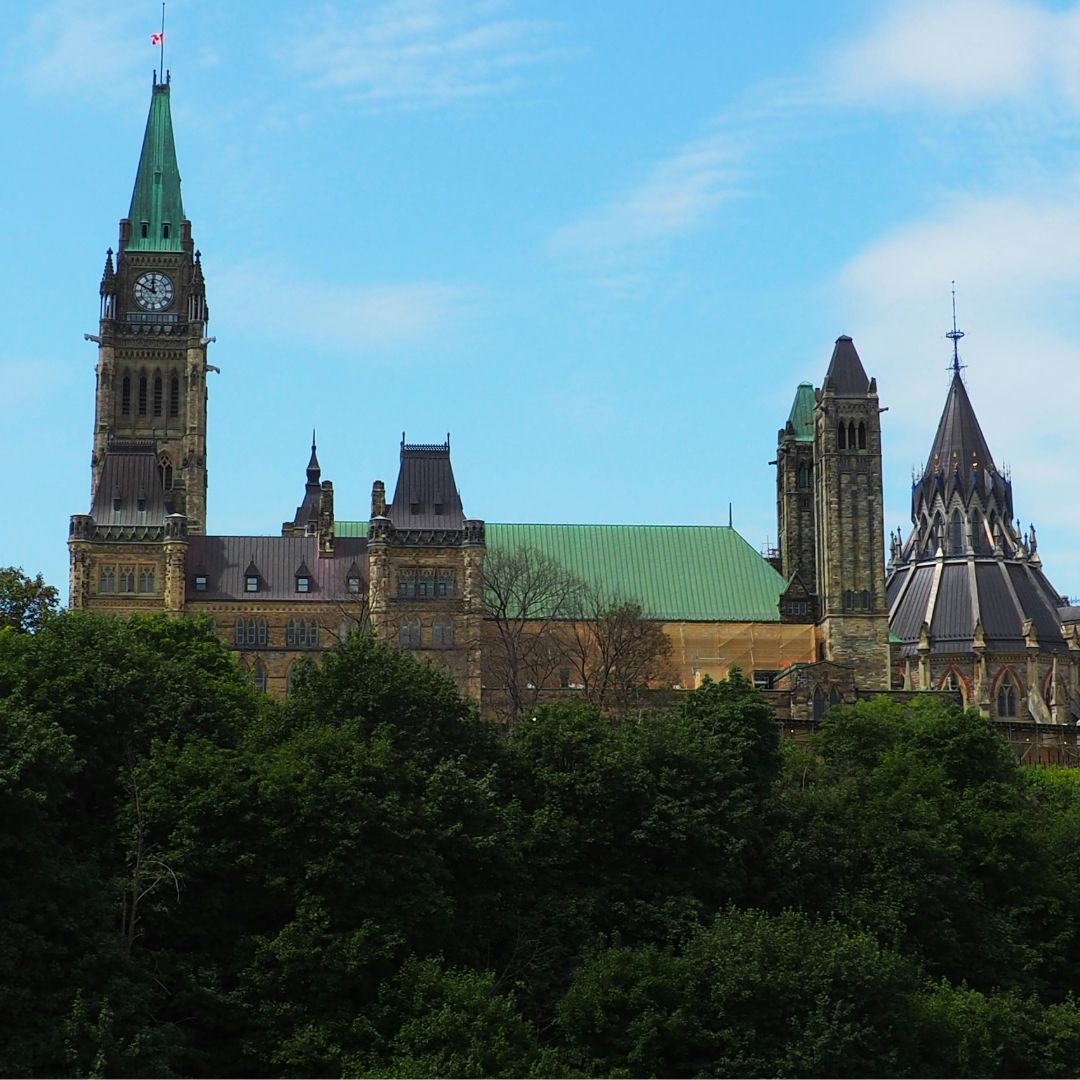Despite calls from several MPs for Justin Trudeau’s resignation as leader of the Liberal party, Trudeau has not shown any inclination to abandon his position going into the upcoming election — even at the threat of a deadline with consequences that remain unknown.
During Wednesday’s caucus meeting, a letter asking Trudeau to consider resignation amidst growing concerns surrounding the Liberal Party’s chances of success in the next election was read aloud to the Prime Minister.
According to CBC News reports, sources say that 24 Liberal MPs signed an agreement to ask Trudeau to leave his position as leader of the Liberal Party. During the time in which MPs were able to address the room individually, about 20 used their time to talk Trudeau into stepping down ahead of the next election.
Patrick Weiler, an MP for British Columbia, took time to read out another document outlining and proposing an argument in favour of Trudeau’s resignation.
Sources told CBC News that the motivating factor for Weiler’s argument was the uptick in support for America’s Democratic Party after Joe Biden stepped down during widespread concern surrounding his leadership. Weiler said that the Liberals might see similar success if Trudeau follows suit, giving the party a better chance in the upcoming election.
The MPs told Trudeau that he has until Oct. 28 to “decide on his future,” but they did not mention any consequences he may face if he does not obey by their deadline.
Trudeau said he would deliberate over the conversations had in caucus, but did not signal any plans of stepping down from leadership.
The concern over Trudeau’s leadership was not entirely collective though, as sources say that several MPs voiced support for Trudeau while addressing the room.
After the meeting, many MPs were reluctant to share details about the conversations had during the caucus. MP Nathaniel Erskine-Smith reassured Canadians that conversations surrounding the party’s future are “healthy,” saying that it is “very important” for Trudeau to listen to frustrations and feedback voiced by MPs, respond in the form of change and regain the trust of his colleagues.
Despite the reassurance from many MPs that Trudeau is not going anywhere, some MPs have continued to call for Trudeau’s resignation.
MPs Wayne Long and Sean Casey have taken to the media to publicly call for Trudeau’s resignation, with Casey referencing a “high level of anxiety” surrounding Trudeau’s leadership.
“The things he’s put in place over the past nine years have been truly transformational. But the electorate are no longer listening to him,” said Casey.
The MPs calling for Trudeau’s resignation continue to cite the Liberals’ byelection loss in Toronto—St. Paul’s as a warning sign for the party, with sources saying concerned MPs “held a series of meetings” regarding the loss.
Regardless of mixed feelings towards Trudeau’s leadership, there’s ubiquitous agreement in the Liberal Party that Pierre Poilievre and the Progressive Conservative Party cannot take leadership in the next election.
Casey said that it is his “obligation” to prevent Poilievre from winning the next election.
“I’m gearing for the fight. It’s a fight worth fighting regardless of whether or not we have Justin Trudeau leading the party,” said Casey.
Despite the Liberal Party’s internal tensions regarding Trudeau’s leadership, Trudeau maintains that he will be the one to lead them into the next election.

